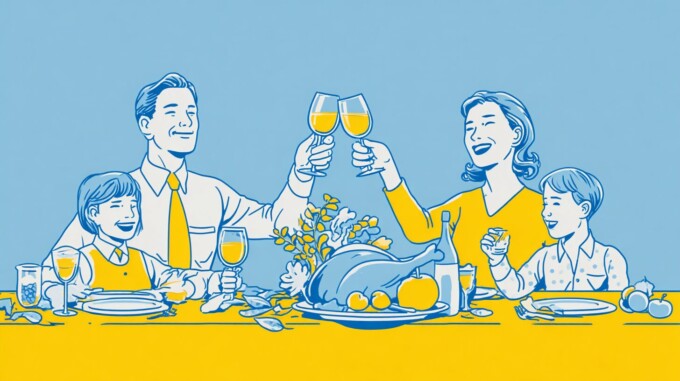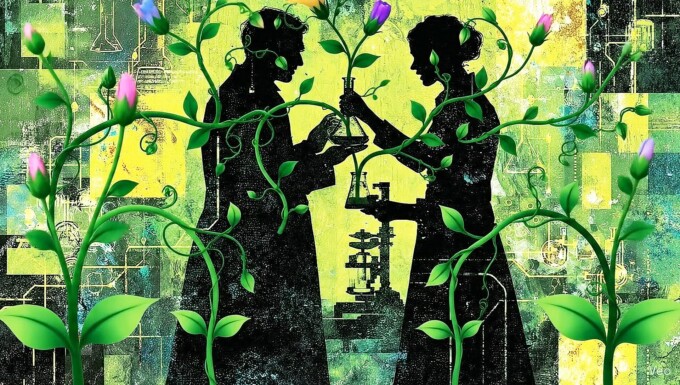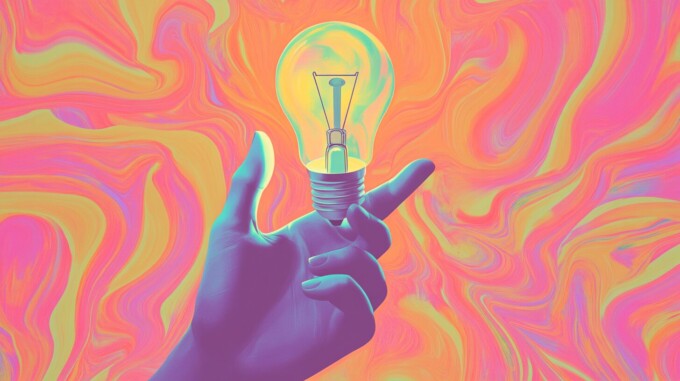I promise that this isn’t one of those schmaltzy “Look on the bright side”/”There is a silver lining to all this” articles. Coronavirus has no bright side, and there is no silver lining.
But over the past couple of days, I have become a bit more grateful for the technologies and technology-based services that are making the current situation a lot more bearable. These are, in the main, technologies that we have become so used to, it now feels as if they had been around since forever. It is easy to forget just how recent a lot of them are.
Imagine, for a moment, that the Coronavirus had hit us, say, 25 years earlier. I’m not talking about the Middle Ages, or the Victorian era. Just 25 years – a time that is well within living memory (or at least, I remember it quite well).
What would “Corona ‘95” look like?
For a start, if you are staying indoors, your only connections to the outside world are a landline telephone, TV, radio, and if you have a subscription, a newspaper. There is this new thing called “the internet”, but unless you are a tech whizz, you will probably not have heard of it yet (I certainly hadn’t). There are so few internet users that nobody even bothers to count them. Records on internet usage begin in 1998, when just 9% of UK households had internet access (today: 93%.)
Even if you are one those few early internet users, there is not much that you can do online. Internet search engines, for example, are still in their early stages. Google does not exist yet. Lots of websites just consist of blinking stars, and a sign that says “Under construction”. It still takes ten minutes to load them.
Social media exists in rudimentary form, but it is the preserve of a few computer geeks, and will remain so for more than another decade. Today, social media is an easy, low-cost, low-effort way of keeping abreast of the situation, of staying in contact with people, or just to distract yourself, and give yourself a break. And, no, it is not true that only young people use social media. There are more than 40 million people in the UK who use at least one social media platform. “Corona ‘95” would have been an extremely isolating experience, in comparison.
If you need to get hold of someone who is not at home, tough luck. The mobile phone usage is about to take off over the coming years, but thus far, only one in six households have one (compared to 95% today).
Delivery services are nothing like what they are today. The launch of Amazon is around the corner, but you will probably not hear that name for another couple of years (if memory serves me right, I placed my first order in 2000), and even then, it will be just books. The closest thing you have is a mail order catalogue, which is not much help for grocery shopping. Some restaurants offer home delivery, but that is by no means the norm. If you live in a small town or a suburb, you are lucky if you have more than two options to choose from.
The economic impact would have been infinitely worse. With 1995-technology, few people are able to work from home, and certainly not at a short notice, or without a sharp drop in productivity.
Computers are already common in the workplace, but far less so at home: only about one in four UK households have a home computer (today: 88%). Even if you have one, transferring your work files to your home computer is a major operation. You need dozens of floppy disks or CDs, as well as photocopies of material that is not digitalised. Even then, the moment you get home and start working, you will probably notice that you have forgotten an important file, or that a floppy disk has been corrupted.
If you need to regularly exchange information with colleagues, your phone bill will go through the roof. Even then, you cannot easily transfer files between you, so you will waste hours explaining things that you would nowadays solve with a simple e-mail attachment.
In terms of home entertainment, you better not be particularly picky in terms of TV content, because streaming services such a Netflix, HBO or Amazon Prime are still more than a decade into the future. For millions of people, “Corona ’95” would, above all, have meant crushing boredom.
Some readers will argue that this is all missing the point. In 1995, we had far less exposure to China, which means that Corona would simply not have happened. There is a bit of truth in that. For example, in the 1990s, goods from China accounted for less than 2% of total UK imports, compared to more than 6% today. However, given how easily the virus spreads, a little exposure is all it takes, and in 1995, China was already a far cry from the hermit kingdom of Chairman Mao’s days. The risk would have been lower then, but it could still have happened.
Thanks to modern technology, we are now far better prepared to deal with the consequences of the pandemic than we ever were. Better never than now – but better now than at any point in the past. It could have been so much worse.
This originally appeared in CapX.





